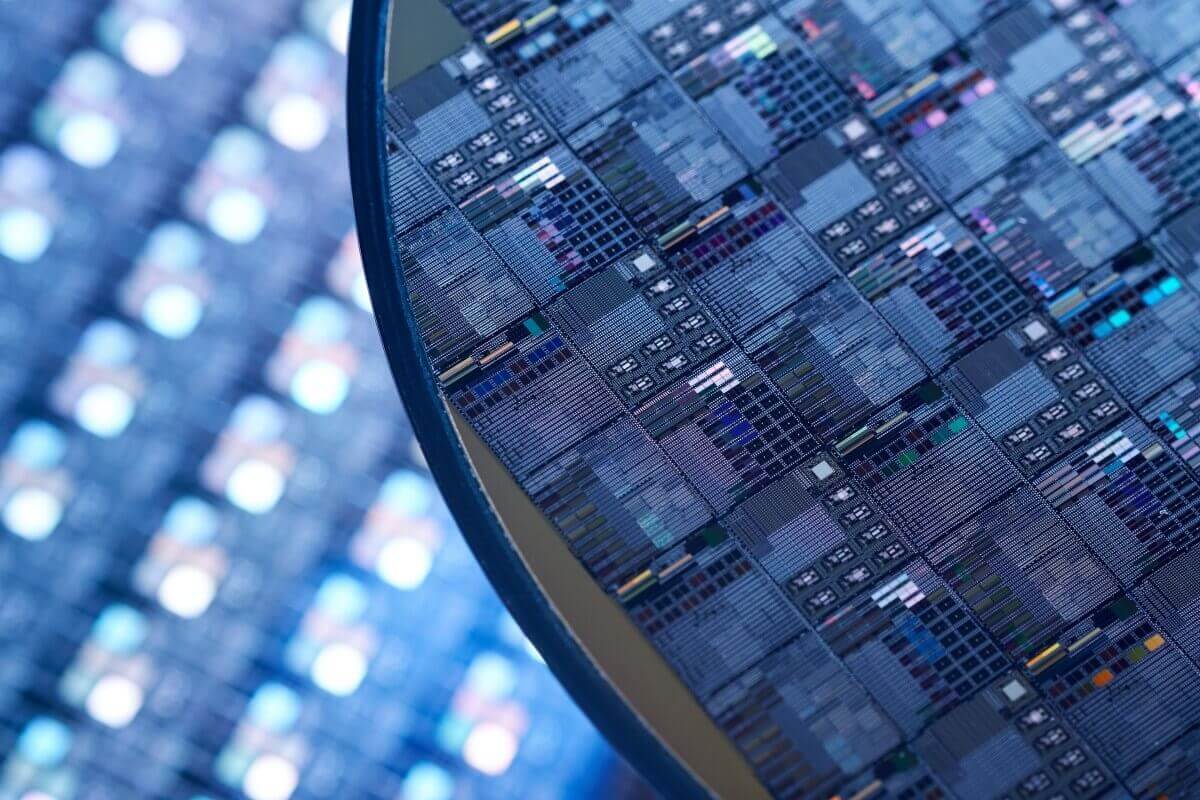Why it matters: GlobalFoundries is suing TSMC, the largest semiconductor manufacturer in the world, for patent infringement which in itself would be no cause for alarm. However, this could easily turn into an ugly showdown where TSMC would have to pay a hefty sum and many consumer electronics we take for granted would be banned from sale.
The US-based semiconductor foundry is taking the Taiwan Semiconductor Manufacturing Company to court on two continents. Globalfoundries announced the lawsuits earlier today, and alleges that 16 of its patents were infringed upon by TSMC. The bigger problem though is that it has also requested an import ban that could affect several fabless industry giants who depend on the Taiwanese foundry for important components that power their products.
Both GlobalFoundries and TSMC manufacture chips for third parties. The latter captured about half of the total market share with sales of $7 billion in Q1 2019 alone, if you go by TrendForce. The complaints cite several prominent TSMC customers such as Apple, Nvidia, Cisco, Google, Lenovo, Broadcom and Qualcomm, who design chips that go into a big part of all consumer electronics made today, from iPhones to graphics cards, laptops, routers, you name it.
The import ban requested by GlobalFoundries would have dire implications on the supply chain of TSMC's clients, especially in the context of an already hostile trade relationship between the US and China. The patents mentioned in the lawsuit cover fundamental manufacturing techniques used in silicon chip manufacturing, and most of them are related to the 7 nanometer process node.
Interestingly enough, last year saw GlobalFoundries abandon its 7nm goals, which is also why AMD tapped TSMC for its newer chips. And since both TSMC and Samsung have capital expenditures that greatly surpass that of GlobalFoundries, the company is now trying to use the legal approach. That's why it selected courts that are more likely to approve import bans – Qualcomm also used them against Apple to stop the sale of iPhones in a lawsuit that was eventually settled.
GlobalFoundries says it's seeking significant damages from TSMC for "unlawful use of GF's proprietary technology in its tens of billions of dollars of sales." The company claims to have spent over $21 billion in innovations and manufacturing facilities in the US and Europe, and that it wants to protect those investments. If the courts find the allegations have merit, TSMC would likely have to settle for a large sum of money or pay hefty royalties to continue using GlobalFoundries' patented technologies.
